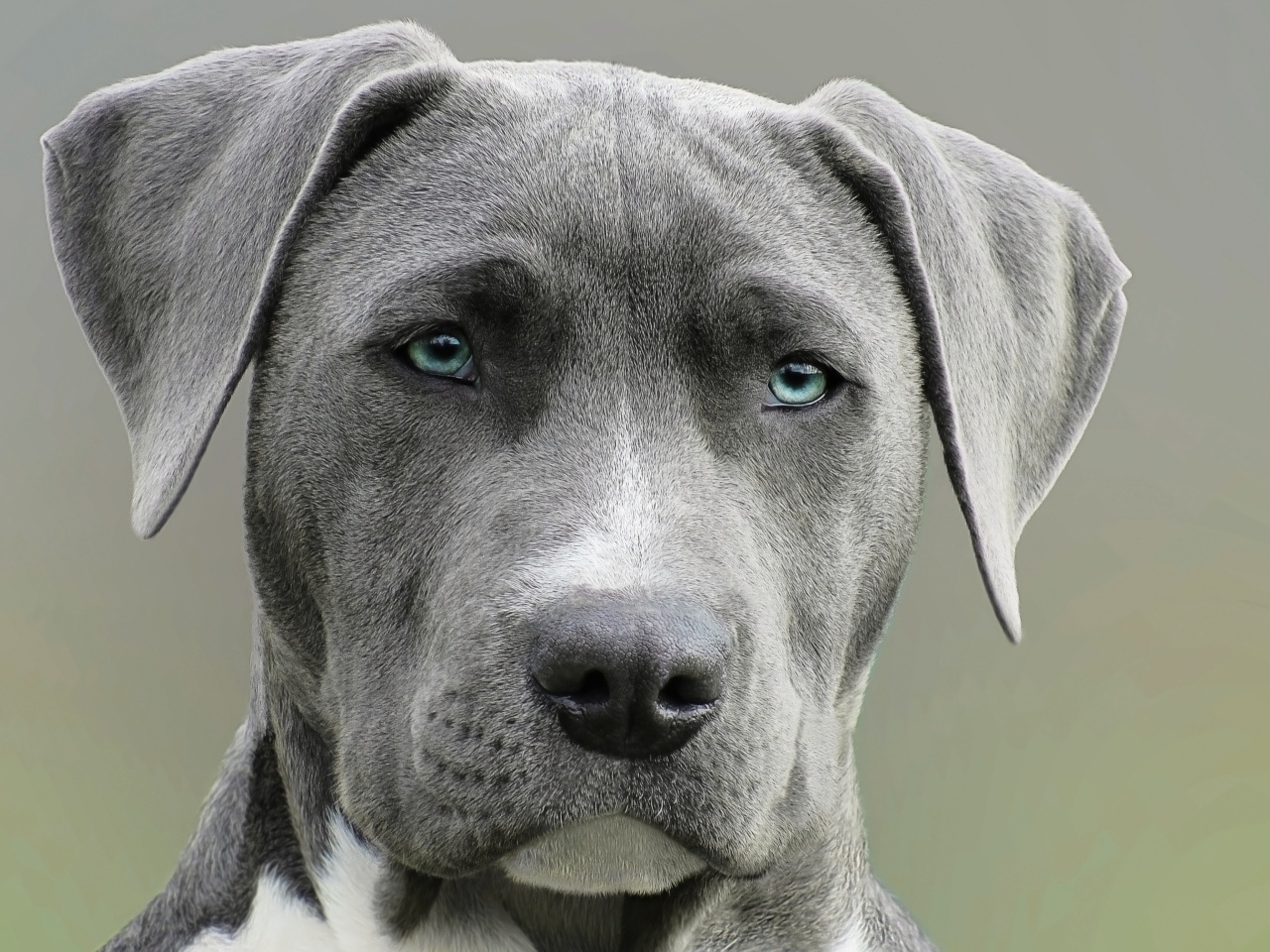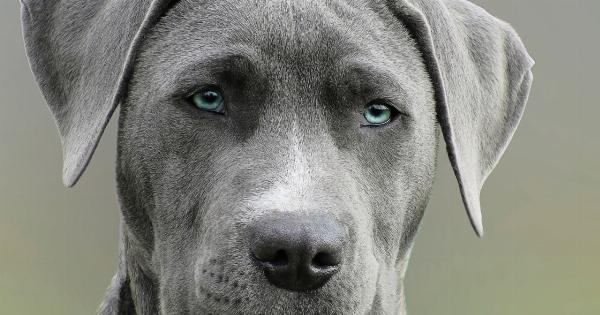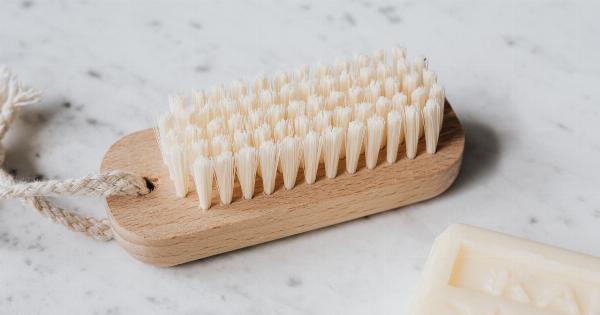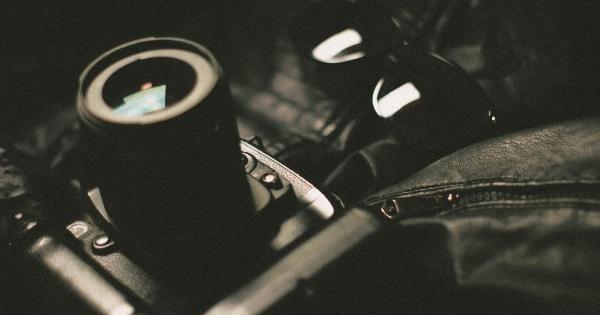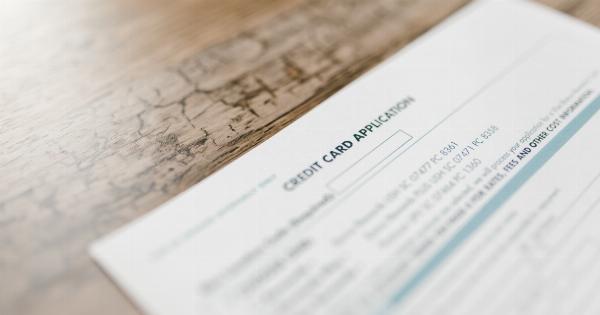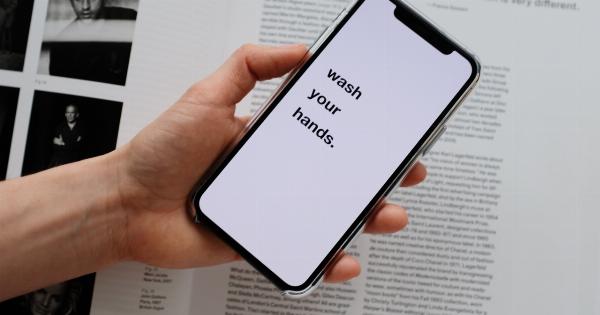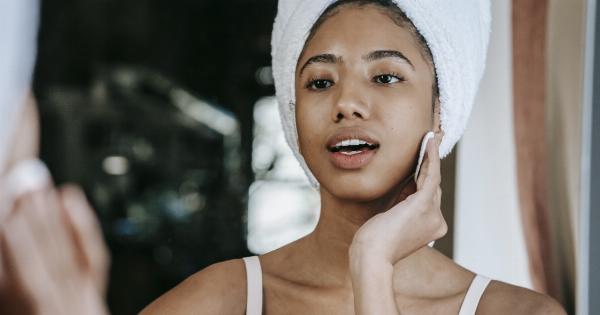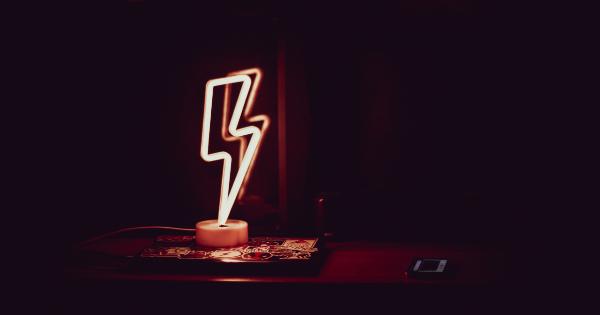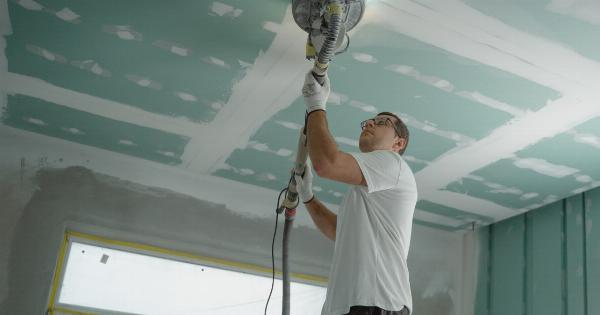Caring for your baby’s health and well-being involves many aspects, including maintaining proper hygiene.
While parents may focus on bathing and diaper changing, it is equally important to pay attention to cleaning your baby’s ears, eyes, and nose. These delicate areas require regular care to prevent infections, discomfort, and other potential health issues.
In this article, we will explore the reasons behind the importance of properly cleaning your baby’s ears, eyes, and nose, as well as some safe and effective methods to do so.
1. Preventing Ear Infections
Babies are more prone to ear infections due to their underdeveloped immune systems and the nature of their ear canals.
Cleaning your baby’s ears regularly helps to remove excess wax, dirt, and debris that may accumulate and potentially lead to ear infections. Ear infections can be painful for babies, and if left untreated, they can cause temporary hearing loss and other complications. Therefore, it is crucial to keep your baby’s ears clean to reduce the risk of infections.
2. Promoting Good Eye Health
Keeping your baby’s eyes clean is essential to promote good eye health. The delicate nature of a baby’s eyes makes them susceptible to irritation, dryness, and infections.
Regularly cleaning your baby’s eyes helps remove any dirt, discharge, or irritants that may accumulate. It is particularly important to clean your baby’s eyes if they produce excessive discharge or appear red and swollen. Taking proper care of your baby’s eyes can help prevent eye infections and maintain their overall eye health.
3. Enhancing Nasal Hygiene
Babies are obligate nasal breathers, meaning they primarily breathe through their noses. Keeping your baby’s nose clean and clear helps ensure proper breathing and reduces the risk of congestion or respiratory problems.
Cleaning your baby’s nose also helps remove nasal secretions, mucus, and irritants that can lead to discomfort, difficulty feeding, and disturbed sleep. Maintaining nasal hygiene is especially important during cold and flu seasons when babies are more susceptible to nasal congestion and breathing difficulties.
4. Preventing Allergic Reactions
Dust, pollen, pet dander, and other allergens can easily irritate a baby’s sensitive nasal passages, leading to allergic reactions. Regularly cleaning your baby’s nose helps remove these allergens, reducing the risk of allergic reactions.
By minimizing exposure to potential allergens, you can help prevent symptoms such as runny nose, sneezing, itching, and congestion. Proper cleaning of your baby’s nose can significantly contribute to their comfort and overall well-being, especially if they have a known allergy or are predisposed to allergies.
5. Facilitating Better Sleep
When babies have clean ears, eyes, and noses, they are less likely to experience discomfort or irritation, leading to a more peaceful sleep.
Properly cleaning these areas before bedtime helps ensure your baby can breathe easily, reduces the risk of irritants disturbing their sleep, and promotes overall relaxation. Adequate and uninterrupted sleep is crucial for a baby’s growth, development, and well-being.
6. Avoiding Long-Term Complications
Failure to properly clean your baby’s ears, eyes, and nose can potentially lead to long-term complications.
Chronic ear infections, untreated eye infections, and persistent nasal congestion can have lasting effects on your baby’s health and development. These complications may further necessitate medical intervention, including antibiotics, surgical procedures, or specialized treatments.
By prioritizing proper cleaning and regular care, you can help prevent these complications and ensure your baby’s optimal health and well-being.
Safe Cleaning Methods for Baby’s Ears, Eyes, and Nose
It is important to note that cleaning your baby’s ears, eyes, and nose requires gentle and careful techniques to avoid causing any harm or discomfort. Here are some safe and effective methods to clean these areas:.
Cleaning Your Baby’s Ears:
1. Use a damp washcloth or cotton ball to gently wipe the outer part of your baby’s ears. Avoid inserting anything into their ear canal as it may cause injury.
2. Do not use cotton swabs or any pointed objects for ear cleaning, as they can push wax deeper into the ear canal and potentially damage the eardrum.
Cleaning Your Baby’s Eyes:
1. Moisten a clean, soft cloth or cotton ball with warm water. Gently wipe your baby’s closed eyelids from the inner corner outward to remove any discharge or debris.
2. Use a separate cloth or cotton ball for each eye to prevent the spread of infection.
Cleaning Your Baby’s Nose:
1. Saline nasal drops or sprays can help loosen and clear your baby’s nasal passages. Place a few drops in each nostril and gently suction the loosened mucus using a bulb syringe or nasal aspirator.
2. Ensure the suction is gentle to avoid irritating the delicate nasal tissues.
When to Consult a Pediatrician
While regular cleaning is essential, it is crucial to consult a pediatrician if you notice any concerning symptoms or issues with your baby’s ears, eyes, or nose. These may include:.
– Persistent ear pain, discharge, or hearing problems.
– Persistent eye redness, swelling, or excessive discharge.
– Difficulty breathing or severe nasal congestion.
– Unusual growths or abnormalities in the ears, eyes, or nose.
Your pediatrician will provide appropriate guidance, conduct necessary examinations, and recommend further treatment, if required.
In conclusion, properly cleaning your baby’s ears, eyes, and nose is an integral part of their overall health and well-being.
Regular cleaning helps prevent ear infections, promotes good eye health, enhances nasal hygiene, and reduces the risk of allergic reactions. By maintaining proper hygiene practices and seeking timely medical advice, you can ensure your baby’s comfort, minimize potential complications, and support their healthy development.
